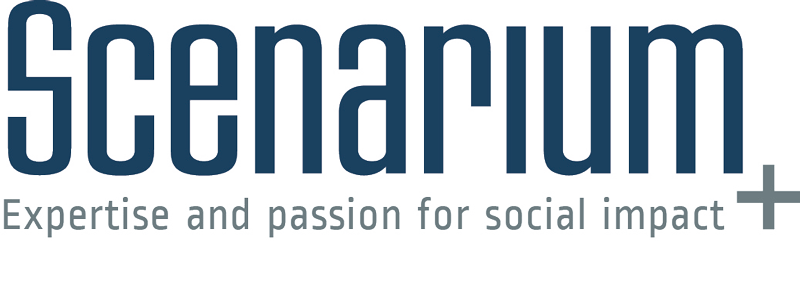Process governance as an imperative in health reform
Governing change in health reform requires policy makers to take an in-depth look at the concept of process governance as democratic action.
By Michael Thiede, Nina Baltes
Constant policy reform is one of the characteristics of democratic societies around the world. This includes health policy, which is particularly sensitive to changing context including socio-economic shifts, demography, changing disease patterns, medico-technical progress and changing expectations.
The achievement of good governance in health systems has been extensively discussed, and the principles of good governance are reflected in many policy documents describing a vision for universal health coverage. However, it is striking how often governments embark on the reform process itself without any consideration of these exact principles.
Hence, we explored the implications of this observed lack of governance principles in the health reform process by examining the case of South Africa. Central to this are the challenges of process governance using health reform towards a National Health Insurance (NHI).
Our exploration is based on a comprehensive review of the literature on policy reform and governance, a history of involvement in the South African health policy discussions and five years of interviews, observation and participation. The observations are drawn from an initial capacity assessment exercise and extensive engagement with policy makers, public and private sector service providers, private sector third-party payers, and civil society.
With further improvement of methodological toolkits that are grounded in theory and practice, we engaged stakeholders in South Africa by means of systemic constellations. As an approach that was developed in psychology and the study of organisational behaviour, we developed and adapted systemic constellations into an instrument that allows insight into the dynamics of formal and informal relationships between project stakeholders. The approach can be characterised as “constructivist” in that it builds on the observation that stakeholders construct interpretations of reality on the basis of their subjective conscience and perceptions.
We conducted systemic constellations by asking interview partners to present the (individually perceived) stakeholder map and communication processes with the help of tangible symbolic objects and materials. They emulated project structures focusing on communication and decision-making patterns. The rationale for attempting this approach was the realisation that within the complex project studied, there appeared to be no single stakeholder map that would have represented a universally valid structure. Moreover, there was an impression that different project realities existed for different parties involved, which might contribute significantly to the complexity of the project and the probability of its success.
For the South African health reform process we found that it is characterised by numerous dividing lines between government departments, between stakeholders from the public and private sectors, and between policy makers and civil society, jeopardising the success of the NHI in terms of its financial, performance and political dimensions.
At the level of government, acting government departments have lost sight of the importance of the “other” in deliberation. Holding back information from other departments and conducting activities in secret has become a hallmark of the NHI reform process. It is largely conducted without the involvement of civil society and the disenfranchisement of stakeholders appears to hamper progress of the process as such and the achievement of the equity and efficiency goals. It also threatens to become a political burden.
Currently, there are no governance principles that guide the implementation of the reform, and there is a perception that tensions around accountability at the various organisational levels of the envisaged system threatens to become a permanent feature of the South African NHI.
Stakeholders at the policy level believe that additional policy capacity is required and that financial resources ought to be made available for project management in accordance with an accurate and comprehensive project plan.
Interaction between stakeholders is ad hoc and erratic, indicating that a communication plan ought to be developed for the reform process to ensure adherence to governance principles and to enable the teams involved in the NHI project to effectively and efficiently work towards common goals.
We conclude that research on good governance in health often focuses exclusively on single states of health reform, such as the current state or the envisaged future structure, rather than the reform process as such. As in the South African example, lack of good process governance jeopardises the success of the reform.
The results of our exploration show the structural conflict that characterises existing systems of hierarchies, bureaucracy and communication. The findings highlight the potential of more open, embracing systems of networks. They also show the strong influence of global stakeholders and (their) ideas on processes and dimensions of governance, creating dependencies. The key dimensions of process governance, as identified by us, are responsiveness, legitimacy, transparency and participation. Process transparency and stakeholder participation have very practical implications for building resilient and responsive health systems.
Good process governance as a prerequisite to democratic action contributes to an efficient and fair distribution of public goods within society and should therefore be high on policy makers’ agenda.
As presented at the fourth Global Symposium on Health Systems Research in Vancouver, Canada – November 2016

